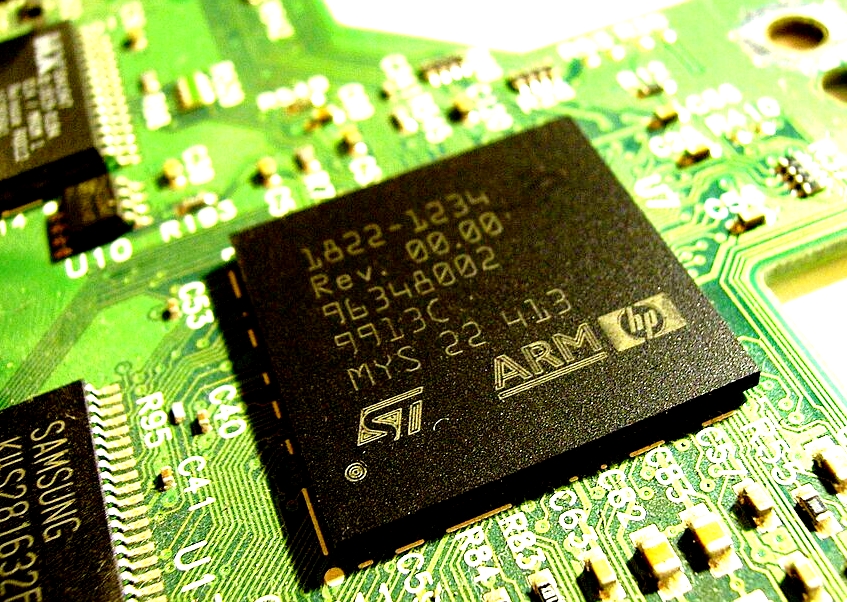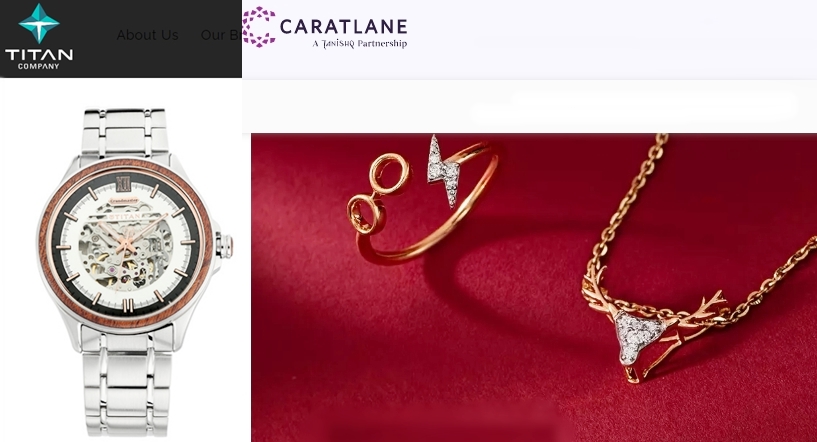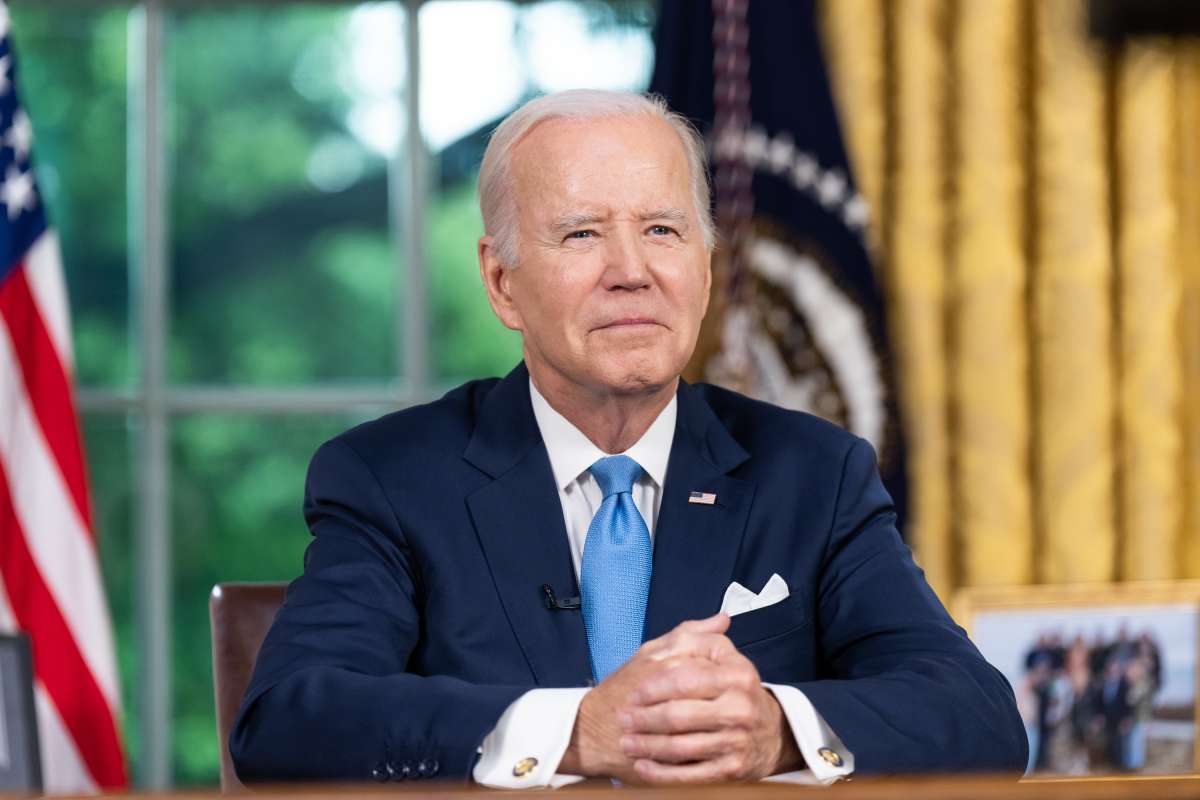Justin Floyd, founder and CEO of RedCloud, explores the barriers to growth for SMEs in emerging markets and developing economies….reports Asian Lite News
JFarms Africa is a coffee producer in Rwanda. The chances are that if you have ever visited the region you would have tasted its coffee. The company exports its product to Canada, Egypt, the Ivory Coast, Nigeria and the US. It’s just one of a growing number of businesses in the emerging markets that have started in recent years. Yet, many of them aren’t reaching their full potential due to a lack of access to trade digitally, with more than 500 million having no online store.
Emerging markets and developing economies (EMDEs) account for 84% of the global population. Yet, they contribute only 37% of the world’s gross domestic product (GDP). This disproportionate contribution is caused in part by the monopoly in access to technology, digitised systems and financial support that large e-commerce retailers (who power the majority of Western economies) currently have.
As a result, millions of SMEs, which are the backbone of local communities in EMDEs face significant barriers to growth. These barriers range from how goods are bought and sold to how they are distributed and paid for. E-commerce giants like Amazon have assumed all the power, allowing them to exploit SMEs and crush potential competition.
By 2025, there will be over 5 billion consumers across EMDEs. This increased demand for essential goods presents a tremendous growth opportunity for the millions of retailers and small businesses that will serve them. E-commerce and digital selling can help these retailers unlock the tremendous potential these markets hold. However, to maximise these growth opportunities, we need a new trading system that is different from the current exploitative, master-slave relationship between e-commerce platforms and small merchants.

Traditional eCommerce is Out of Reach For Most Small Businesses
Whilst e-commerce has opened up the world to corporate giants, it has been largely off-limits to those small firms in emerging markets. There are two major reasons for this. Firstly, utilising existing e-commerce tools can be prohibitively expensive. When companies are already dealing with small profit margins and rising costs, the hefty cut big tech asks for is simply unworkable.
Secondly, many e-commerce providers have strict requirements and policies that make it almost impossible for independent retailers to access and survive on these platforms. These range from high fees, payment processing issues, competition with the platform’s own private labels, and deliberate algorithm bias and manipulation, to name a few. In fact, Amazon and other large corporates are stifling, not aiding the growth of small businesses, with many forced close due to their control of the market and the supply chain. In the US for example, small retailer numbers declined by 65,000 between 2007 and 2017 whilst Amazon’s profits grew ever higher.
This is all compounded by the fact that many of these businesses are based in areas with limited access to traditional banking and finance services; they often have to pay for their stock in cash. This means that they often can’t buy all the inventory they need when they need it, resulting in a huge loss in revenue. Even where they can access credit, on average, they pay as much as 10% more in financial services fees than larger firms.
So, what is the way out for these small businesses?
Decentralised Marketplaces Are The Answer
One of the key ways to tackle the problem is to establish a decentralised marketplace, one which revolutionises e-commerce and enables businesses to be more competitive, efficient and profitable. One that provides access to a broader customer base, reduces costs and increases control over transactions.
Decentralised marketplaces allow sellers who don’t necessarily have the resources to invest in large-scale marketing campaigns to reach a wider audience and expand their customer base. In addition, decentralised marketplaces are much more cost-effective, removing many of the barriers to trade and thus helping SMEs to become more profitable.
These decentralised platforms also enable businesses to set their own terms, including accepting returns and providing warranty services, which helps build trust among customers and create a more positive customer experience. In addition, they are transparent, secure and allow buyers and sellers to interact without unnecessary interference.

Rise of The Third Generation Internet
Much like decentralised marketplaces, Web3 is another solution that cuts out the intermediary and gives the user back full control. Web3 can potentially transform e-commerce for SMEs by powering the new generation of decentralised marketplaces. As a community-managed market, it will enable freedom of exchange and give users complete control of buying and selling goods.
Added to that, through the use of blockchain, it will afford greater transparency, security and traceability of products. It will also make transactions quicker and more efficient.
Fintech Firms Need to Step up in Emerging Markets.
With smartphone and internet penetration at an all-time high in emerging markets, it’s an opportune time for fintech firms to get involved and establish new products, services and provisions. For example, powering digital payments for B2B merchant transactions could potentially increase the GDP of all emerging economies by six percent, unlock more than $3.7 trillion in growth, and create over 95 million jobs. That would make a huge difference in closing the global gap between economies.
It’s clear that traditional e-commerce is broken due given the limited access to traditional finance and technological solutions available for small businesses in emerging countries. The creation of a truly decentralised marketplace is the revolutionary solution that can fix it.
Here at RedCloud our mission is to democratise borderless, global commerce. Our Open Commerce solution provides EDMEs with access to a decentralised B2B marketplace, where users have full control, offering digitised payments and real-time inventory visibility, insights into the performance of sales promotions and more. We’re already helping over 200,000 retailers buy more than 250,000 products daily worth above $1 billion.










